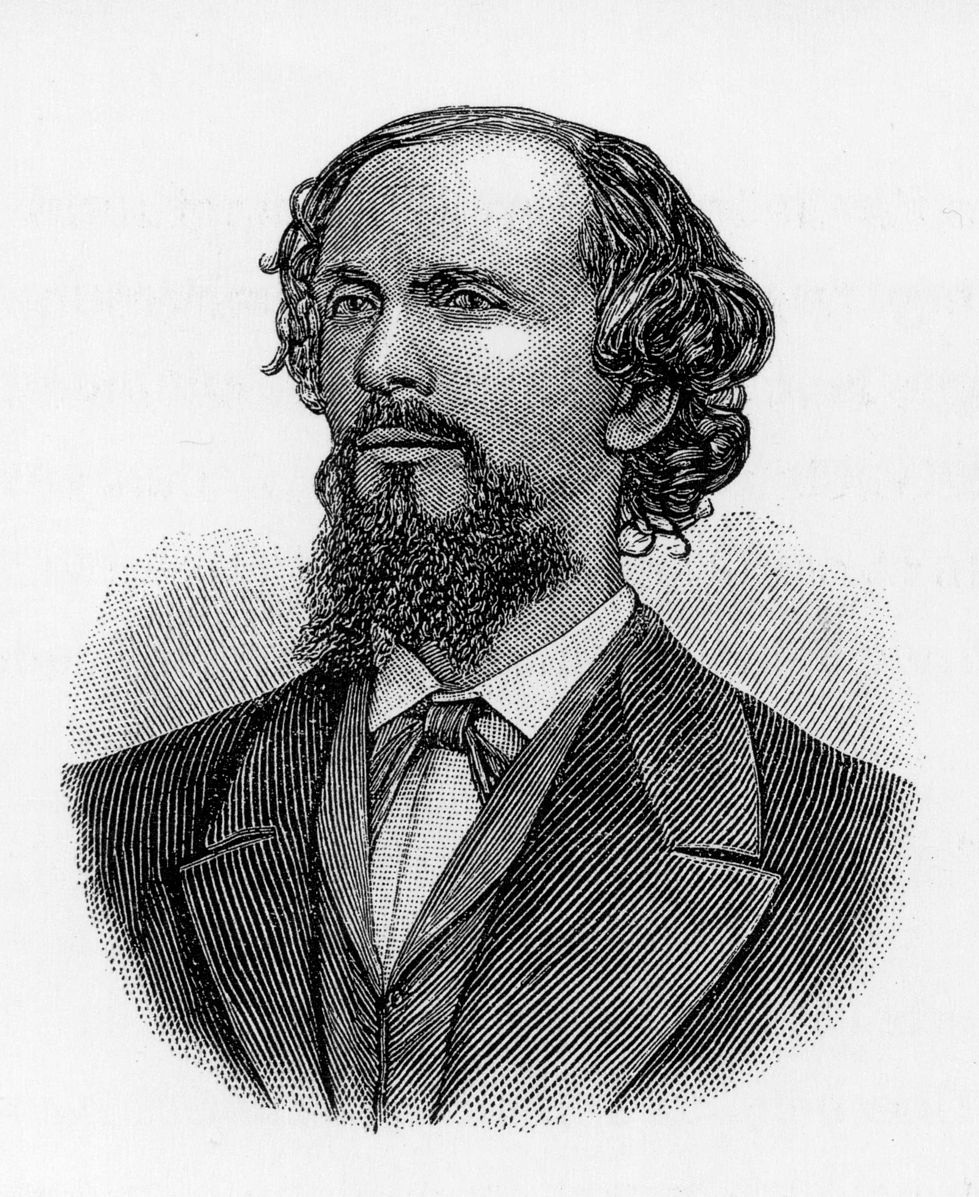This series features Samuel Huneke, assistant professor of history at George Mason University, and discusses his book States of Liberation: Gay Men between Dictatorship and Democracy in Cold War Germany.

Episode 1
This first episode lays the groundwork in the era of German unification, i.e. the mid-late 19th century, discussing the contemporary scholarship on sexuality, German liberalism and the rights available to homosexuals in Germanic states, the influence of the Enlightenment and French Revolution on proto-German laws, conservative ennobling of homoerotic bonding, and more until the WWI.
Episode 2
Picks up at the end of World War I, discussing domestic factors in that loss and the narrative around it, the Weimar constitution and Paragraph 175, queer writers of the time such as Friedrich Radszuweit and Klaus Mann, high profile gay fascists like Ernst Röhm, and more.
Episode 3
Continues the discussion of life in Weimar Germany, why it became seen as the birthplace of modern gay politics, material conditions in a country grappling with the War Guilt Clause during the Great Depression, the influence of queer German exiles on American culture, the rise of the Nazis and their virulent homophobia, fascist aesthetics and queerness, and more.
Episode 4
Starts when the Nazis take power, examining the effect of the Nuremberg Laws on gay, lesbian, and trangender life, Nazi notions of gender roles, the concept of third gender in German society, queer exiles, and more.
Episode 5
Focuses on the Holocaust, how it affected queer people, the perceived “internal” threat of gay men vs. the “external” threat of Jews, the infamous pink triangle, and more.
Episode 6
Picks up at the end of WWII and situate us in the era of Germany’s partition, exploring socialism’s relationship with homosexuality, queer life in Allied and Soviet zones of influence, efforts to restart German queer advocacy groups in the early post-war era, the enduring influence of Paragraph 175, and more.
Episode 7
Discusses the quick transformation of Germany in the early Cold War period, queer life under the new Grundgesetz (essentially the constitution) of the FRG (West Germany) vs the GDR (East Germany), the entanglement of homophobia in Cold War ideology, and more.
Episode 8
Delves further into queer life (in this discussion, gay men, gay women, and trans people) in the FRG (West Germany) vs the GDR (East Germany), coercion by intelligence agencies, queer resistance to authorities, 1960s gay liberation movements, and more.
Episode 9
Picks up in the late 1960s with the repealing of Paragraph 175 in West Germany, the proliferation of queer media in the 1970s, the racial dynamics of the gay rights movement, how the movement fits into the development of the Cold War, gay rights movements in East Germany, and more.
Episode 10
Focuses on the 1980s and the AIDS crisis, the different ways East and West Germany framed and dealt with it, the effect of the Soviet Union’s collapse on the East, how the gay experience was unique in the GDR compared with other parts of the Soviet Bloc, the effect of unification on queer German life, and final thoughts.